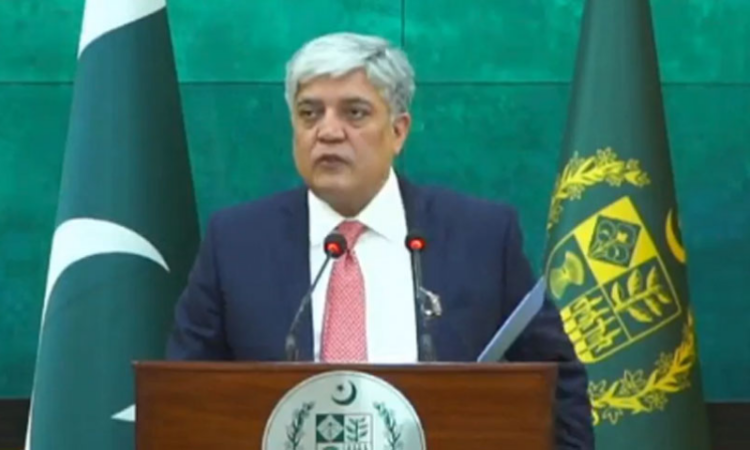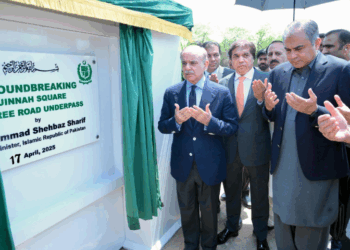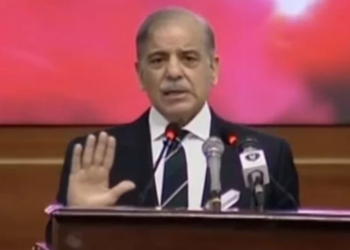Islamabad, February 6, 2025: Pakistan has reaffirmed its commitment to ensuring the security of Chinese personnel, projects, and institutions, emphasizing that their protection remains a top priority as part of the All-Weather Strategic Cooperative Partnership between the two nations.
During his weekly press briefing, the Foreign Office Spokesperson highlighted Pakistan’s strong condemnation of terrorist attacks targeting Chinese nationals. He noted that during President Asif Ali Zardari’s ongoing state visit to China (February 4-8, 2025), Pakistan had reiterated its unwavering stance against such incidents.
President Asif Ali Zardari held cordial and in-depth discussions with President Xi Jinping, covering bilateral relations, regional dynamics, and global issues of mutual interest. He also met with Premier Li Qiang and Zhao Leiji, Chairman of the Standing Committee of the National People’s Congress.
Pakistan expressed strong support for China’s Global Development Initiative, Global Security Initiative, and Global Civilization Initiative, with both sides pledging to enhance international cooperation in these areas.
Reaffirming its One-China policy, Pakistan reiterated that Taiwan is an inalienable part of China, while also extending its firm support on issues concerning Xinjiang, Xizang (Tibet), Hong Kong, and the South China Sea.
Foreign Office spokesperson said that Pakistan highly commends the Belt and Road Initiative (BRI) and agreed to accelerate high-quality development of the China-Pakistan Economic Corridor (CPEC). Both sides pledged to transform CPEC into an advanced growth corridor, integrating industrialization & export-oriented industries, agriculture cooperation, energy sector improvements, technological advancements & communication development, healthcare, education, and climate response initiatives and strategic & regional stability.
Underscoring the critical role of strategic defense and security cooperation, both nations emphasized their commitment to maintaining regional peace and stability. They reaffirmed the importance of resolving outstanding disputes through diplomatic means while rejecting any unilateral actions that could undermine stability in South Asia.
Regarding Afghanistan, Pakistan and China agreed to strengthen coordination and support its stable development while ensuring its integration into the international community. Both nations also reaffirmed their commitment to combating terrorism with a zero-tolerance approach.
On Gaza, Pakistan welcomed the ceasefire agreement but condemned Israel’s continued violations, including restrictions on humanitarian aid. The Foreign Office demanded that Israel honor the ceasefire and allow unrestricted aid and relief efforts, calling on the international community to hold Israel accountable for its war crimes and crimes against humanity.
Regarding Indian Illegally Occupied Jammu & Kashmir (IIOJK), Pakistan observed Kashmir Solidarity Day on February 5, reaffirming its support for the right to self-determination of the Kashmiri people. Events were held across the country and at Pakistani diplomatic missions worldwide to highlight the human rights violations in IIOJK. A special briefing for foreign diplomats was also organized to apprise them of the situation in Kashmir.
Pakistan reiterated its unwavering support for a sovereign Palestinian state with Al-Quds Al-Sharif (Jerusalem) as its capital and called for unhindered humanitarian aid for war-affected civilians.
The briefing concluded with a renewed commitment to strengthening Pakistan-China ties, maintaining regional stability, and advocating for global peace and justice.








